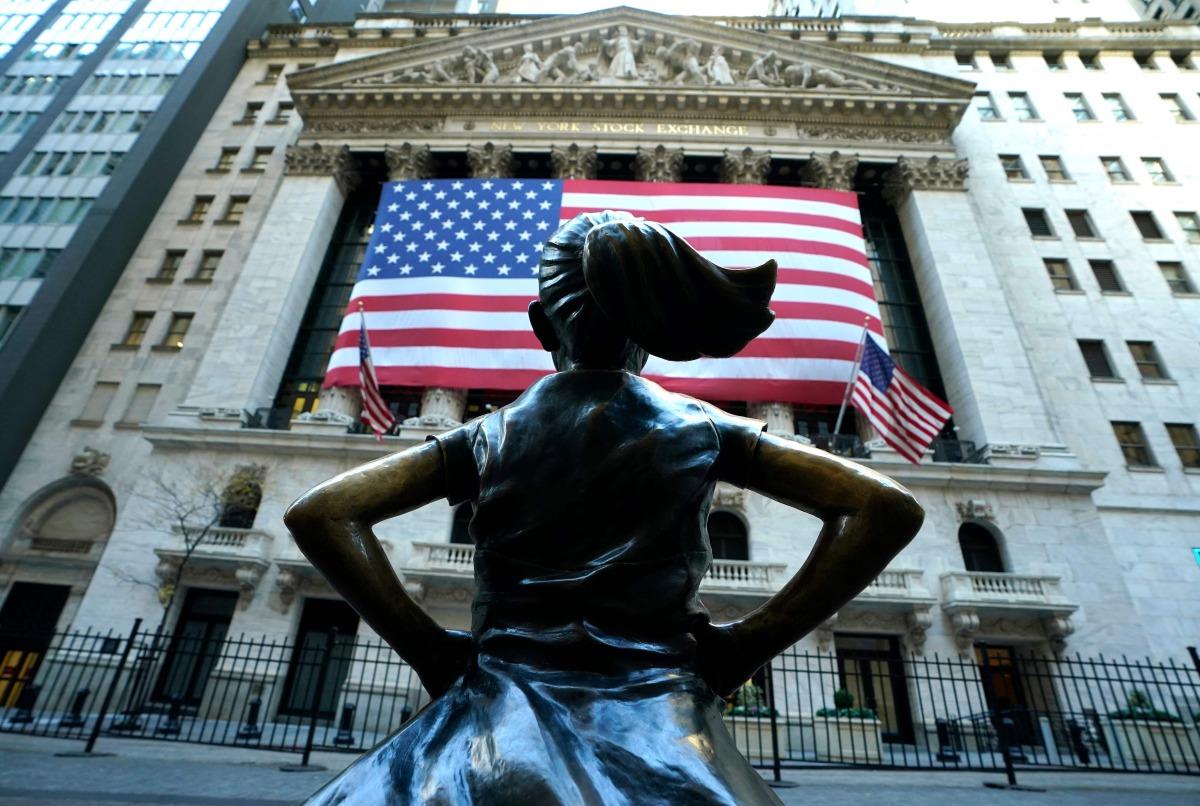
Europe Steeled For Trade War Threat Under Trump 2.0
Brussels, Belgium: Europe is steeled for a potential trade war with Donald Trump after the tariff-loving Republican reclaimed the White House, but its leaders will need to bridge divisions if they hope to fight back.
On the campaign trail, Trump threatened a 10 to 20 percent across-the-board tariff on imports and took aim at the European Union as a "mini-China" he believes is taking advantage of the United States.
Across the Atlantic, officials have been watching with a sinking feeling of deja-vu.
Back in 2018, during his first term, the volatile US leader had slapped tariffs on European steel and aluminium exports -- forcing the EU to respond with its own higher duties.
"To me 'tariff' is a very beautiful word," he repeated on the stump this year.
As a result, Europe has been gaming out scenarios for months -- including a Trump win -- to ensure it its ready this time around, should he decide to unleash a new trade conflict with the bloc.
Although Brussels will seek to maintain good ties with its largest trading partner, "we shouldn't be naive about what the future might hold for EU-US relations," warned an EU diplomat.
Diplomats and officials insist they stand united and have the tools to respond to any Trump measures -- but experts also point to divisions and a reticent Germany.
"Will Europeans remain united against Trump and be able to identify the common European interest? It will be complicated," said Sylvie Matelly, head of the Institut Jacques Delors think tank.
"European trade policy could be the first victim of the new president's election."
Getting Berlin -- which is fearful of Trump's wrath -- on board with tough retaliatory action could prove especially difficult.
"Trump is well aware that Germany sells a lot of cars to the United States and could curb any European reaction to Trump tariffs," Matelly told AFP.
Just last month, Berlin broke with major partners in voting against higher tariffs on Chinese-made electric vehicles despite an EU probe concluding they benefitted unfairly from Beijing's state subsidies and undercut European rivals.
The German opposition was not enough to stop the extra duties from kicking in, but was proof that Berlin's line on trade defence differs from other EU states like France and Poland.
French President Emmanuel Macron sought to remove any doubts about EU unity by promising following a call with German Chancellor Olaf Scholz to work together on "a more united, stronger, more sovereign Europe" in the wake of Trump's victory.
Scholz himself, however, struck a different note in his congratulatory message to Trump, emphasising close transatlantic ties and telling him: "We're better off together".

Legal Disclaimer:
MENAFN provides the
information “as is” without warranty of any kind. We do not accept
any responsibility or liability for the accuracy, content, images,
videos, licenses, completeness, legality, or reliability of the information
contained in this article. If you have any complaints or copyright
issues related to this article, kindly contact the provider above.


















Comments
No comment